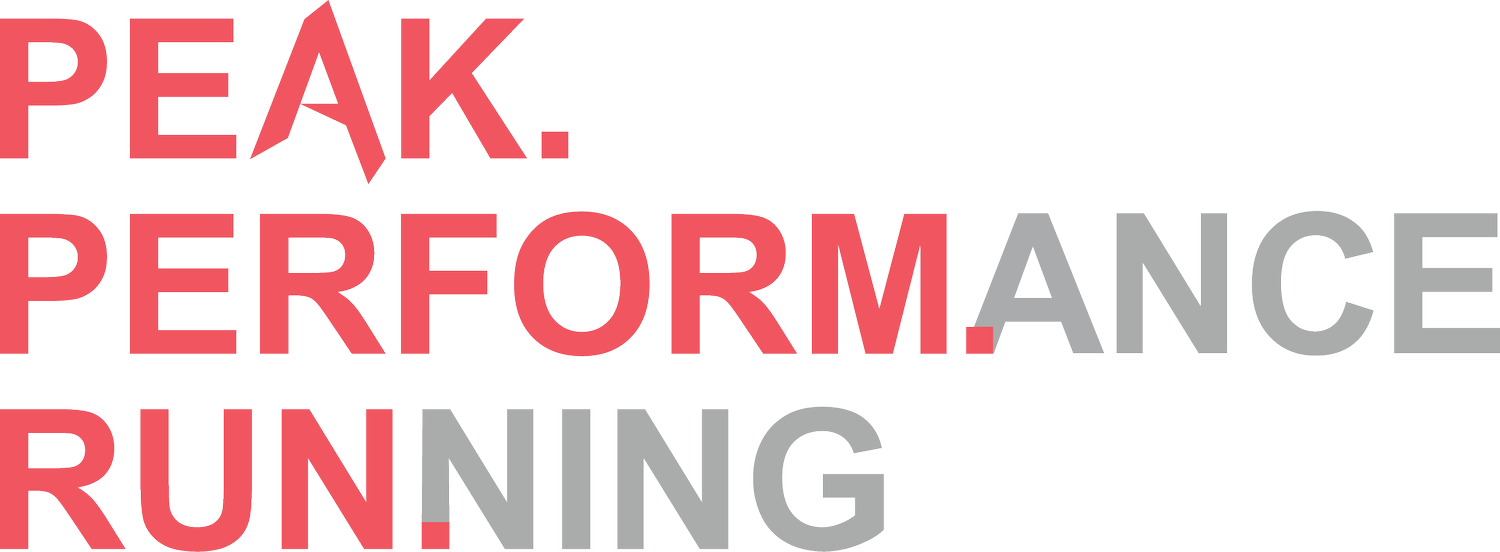S2|E1 - Seasons Best Mindset + SWOT
That little voice in your head
Listening to your dialogue and how you talk about yourself can give you amazing insight into how you perceive your personal value and performance. I talk with my athletes on a weekly basis as part of my Sideline Coaching Program. This a series of short 20-30 minute meetings where we discuss race strategy, work on mental tools, and take steps to improve the outcome of races. The number one thing I ask people to try and rewire is how they talk about themselves, and how they see their performances. Athletes often tie their greatest performances, PR’s, along with their most recent times directly to their identity. As if “4:30 miler” was a worthy position to share on your resume for your first job. I promise that you’re not going to get a higher pay rate folding shirts, slinging shoes, or pushing carts because you’re a “X:XX Miler”. Sports are something we do because they fulfill us, teach us lessons, keep us humble, and give us an outlet for our energy. When we begin to find success, we become addicted to the feeling of improvement. We can sometimes come to expect improvement when we feel that we’ve worked hard enough to deserve it. We believe that our PR’s are simply an exchange of sweat and effort for performance. If you’ve been in the world of running for long enough - you know it’s just not that simple. Everything about running is iterative and non-linear; what got you success in track season 1.0 won’t get you the same results the next year in track season 1.1, or 1.2 . What got you here, won’t get you there.
Getting there
When I give people the example of doing the same workout over and over, at the same speed, and the same rest - they understand that eventually, that workout doesn’t provide the same physiological response. It also won’t provide the same challenge or require the same effort because you’ve grown and adapted to overcome the challenge of that workout. When I ask athletes to approach the start line and try a new pacing strategy, mental strategy, or pre-race routine - it’s simply no different than giving them a new workout.
It’s the same logic our brain uses in racing - if I do the same workouts, push hard, and hope it comes together - I’ll PR, again! Eventually, that train comes into the station empty and you’re disappointed because you did this same stuff last year and you crushed it!
The Season’s Best Mindset
If you’re a fan of the sport and watch any of the indoor competitions, go look at the results, watch a few races and you’ll quickly notice that while a few races are extremely fast and records get broken. Very few athletes PR and it’s not because they aren’t fit or capable. It’s just simply not the goal for the majority of the field. When a professional runner toes the line, everyone toeing that line shares the belief that there purpose on that day is to try and win and outsmart, outkick, and outplay their competitors. Even then, especially then you shouldn’t expect athletes to PR because the PR and fast time isn’t the goal - the goal is to win. When it comes to racing at the junior level, there are a handful of races in a year that you would expect to see everyone on the line with that mentality. The majority of the races that you will run are about refining your craft and becoming masterful in your pacing, reading the race, catching on to a lead out, and timing your kick. Figuring out these factors AND running fast rarely line up until the tail end of the season when you have had a chance to get reps under your belt.
“Trying to be certain about something that is inherently uncertain creates tension Instead, approach this season with curiosity. Open and present emotions are performance enhancing.”
The Season’s Best Mindset is present and open to emotion. The number one thing it doesn’t do is look backward, the mindset is not focused on what you have done, it’s focused on what will you do TODAY, and NOW. Hoping for a PR is not a purpose for a race, that’s like going to the car dealership hoping they give you a car. Season’s Best Mindset is about having a starting point and then focusing and iterating on your strategy and plan each successive race. Change how you start, how you pace, how you close - do you try to kick from further out? Do you have more food between races? Do you change your warm-up routine for a few more strides? Do you go to the front sooner?
Season’s Best Mindset acknowledges your PR and is working towards it but is not solely focused on giving you a PR every race. The Season’s Best Mindset is focused on continuous improvement and small adjustments, and the major success relies on completing a raw post-race assessment. It doesn’t mean you tear yourself down - it means that you’re honest with yourself about how you raced and how intentional you were about executing your loose plan.
For these first few races, my best advice is to go in with a loose plan of what you want to accomplish on that race, go in with reasonable intention, and execute on what you came to do - especially when new information comes to you (the field surges, you get shot to the front, you get shot to the back) - you must always leave the door open to reaction and that is why we call it a “loose” plan.

